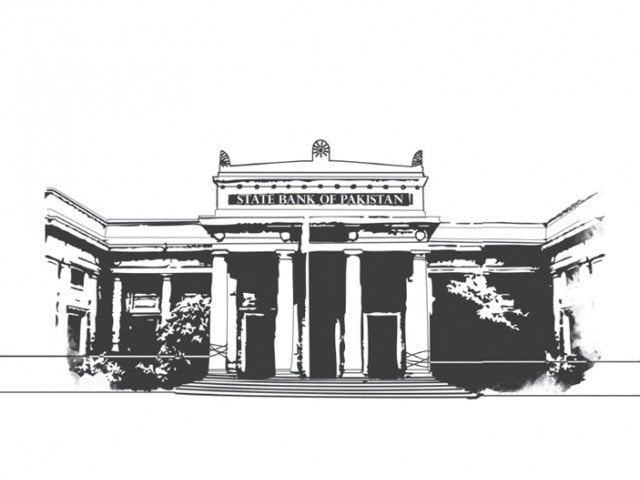
Reacting to the Finance Bill 2016 that Finance Minister Ishaq Dar presented before parliament on June 3, analysts said the continuation of tax measures introduced in the federal budget in the preceding year will keep hurting banks’ earnings by approximately 6% in 2016.
“It will have an earnings impact of around 6% in 2016, as banks will likely book additional tax burden in the April-June quarter,” said Topline Securities Senior Research Analyst Umair Naseer.
The government has decided to keep the “one-time” super tax of 4% on the income of banking companies - first imposed in the last federal budget - for another fiscal year. Every bank earning more than Rs500 million in 2015 will have to pay the tax to help rehabilitate internally displaced people in the wake of Operation Zarb-e-Azb.
The tax will be applicable to 2015 earnings and banks are likely to book the expense in the April-June quarter. The super tax had taken away 2.5%-3% from the profits of banks that earned in excess of Rs500 million in 2014, according to BMA Capital research analyst Jehanzaib Zafar.
Income tax returns: Government mulls punitive measures against non-filers
However, the super tax will be more painful for banks this time around, analysts said. “Higher profitability in 2015 compared to 2014… will result in the super tax having a more profound impact in 2016,” said a research note by Alfalah Securities.
The government has reduced the corporate income tax rate by 1% a year for the last four years. It will be 31% from July onwards, down from 35% when the PML-N government came to power in 2013. However, the government did not reduce the income tax rate for banking companies that continue to be charged at 35%.
In its budget proposals for 2016-17, the Pakistan Banks’ Association (PBA) had demanded that the income tax rate for banking companies be “rationalised with uniformity”. But the government did not accept the proposal and maintained the income tax rate at 35% in the 2016-17 budget.
In addition, the government did not tinker with the “streamlined” tax rate of 35% imposed on different avenues of banking income last year.
Banks would pay 10% to 25% tax rates on different sources of income, such as dividends and income from mutual funds, until 2014. The last budget introduced a uniform tax rate of 35% on all sources of banking incomes, which increased the effective tax rate to 40% in 2015 as opposed to 33% in 2014.
Analysts expect that the continuation of the uniform tax rates for different sources of income will bode ill for banks’ profitability going forward.
Another negative tax measure introduced through the 2016-17 budget is the ceiling (Rs50,000) for tax-free cash withdrawals in a day from all bank accounts belonging to one person. Earlier on, the upper limit was meant for each bank account separately.
Increased sales tax: How high-end mobile phones could become expensive
“We see this to have a slightly negative impact on the sector, as it will incentivise people to further transact outside formal banking channels and put pressure on deposit mobilisation,” according to Alfalah Securities.
The government announced a large set of incentives for the agriculture sector as well as Gwadar-based projects that are part of the China-Pakistan Economic Corridor (CPEC). These incentives include subsidised agricultural loans and tax exemptions for financing Gwadar-based projects.
According to AKD Securities, these measures will benefit government-owned banks, such as National Bank of Pakistan and The Bank of Punjab.
Published in The Express Tribune, June 7th, 2016.
Like Business on Facebook, follow @TribuneBiz on Twitter to stay informed and join in the conversation.

1732441915-0/BeFunky-collage-(12)1732441915-0-165x106.webp)

1732438802-0/BeFunky-collage-(11)1732438802-0-165x106.webp)













COMMENTS
Comments are moderated and generally will be posted if they are on-topic and not abusive.
For more information, please see our Comments FAQ